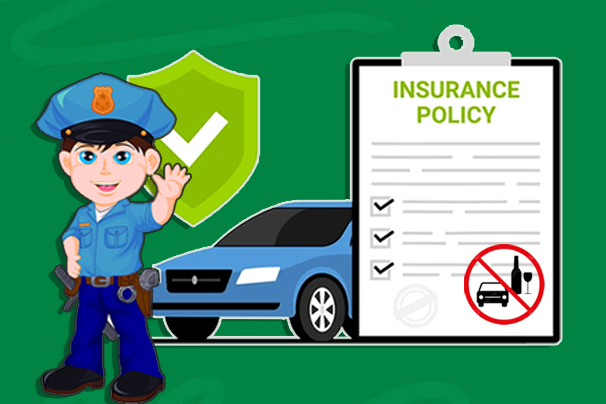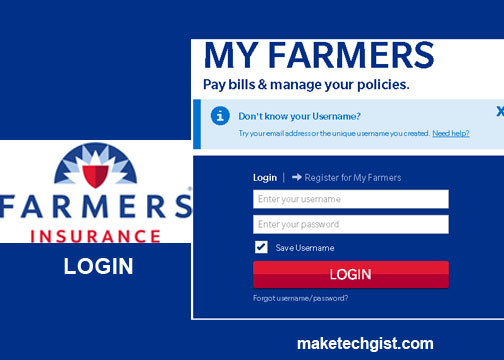A DUI conviction can affect a person’s car insurance in many aspects as long as possible. Your insurance rates will increase if you are found guilty of DUI for at least three years. Also, your driving history, the state in which you reside, and the car insurance company all affect how much and how long rates are influenced.

Even people with previous convictions for operating under the influence (OUI), driving while intoxicated (DWI), or driving under the influence (DUI) must get minimum auto insurance coverage in almost every state. However, car insurance companies would often consider you a higher risk to insure if you have these crimes on your record. Moreover, this could result in unannounced policy cancellations and higher insurance prices.
How Long Does a DUI Affect Car Insurance?
The state in which the conviction occurred determines how long a DUI can affect a driver’s record. It lasts anywhere from three to five years. However, some states retain it on file for a longer period. For example, a DUI in California can affect a driver’s record for ten years. Moreover, it’s crucial to remember that a criminal record and a driving record are different, and a DUI conviction may have varying durations for the former. A driving record containing a DUI will not be expunged even if the driver relocates. A driver’s driving record typically follows them wherever they go in the nation.
What Is a DUI?
Driving under the influence, or DUI for short, is the common phrase for operating a vehicle while under the influence of drugs or alcohol. In the United States, the legal limit for blood alcohol content, or BAC, is 0.08%. However, if a driver’s blood alcohol content (BAC) reaches a specific threshold or if the state has zero tolerance legislation (which forbids any alcohol from being in the system if a person is under 21), each state may enact its regulations and impose additional penalties.
When it comes to moving violations involving intoxicated driving, certain states use distinct terminology. Language like this may be used in your state:
- Driving while intoxicated (DWI).
- Operating while intoxicated (OWI).
- Operating while visibly impaired (OWVI).
- Operating under the influence (OUI).
- Driving while ability impaired (DWAI).
Although DWI and DUI are sometimes used synonymously, it’s important to remember that in certain places they are different crimes with different legal ramifications.
Does a Dismissed DUI Affect My Insurance?
Under some conditions, a dismissed DUI charge may have an impact on your insurance rates. Insurance companies often raise premiums for higher-risk drivers, rather than DUI convictions, due to other driving record items. In other words, your car insurance does not affect a dismissed DUI.
The following are some situations in which a DUI that was thrown out could affect your car insurance rate:
- Other moving infractions such as speeding were cited at the time of the DUI.
- If you enter a guilty plea to a lesser charge, like careless driving, to keep the DUI off of your record.
- You report driving while intoxicated to your insurance provider.
How Much Does A DUI Affect Your Car Insurance?
Car insurance rates can rise by as much as 148% while driving under the influence of alcohol or drugs. Your vehicle insurance rates may double or triple if you have repeated DUI charges. To get the best deals, compare quotes from several vehicle insurance companies, as average rates differ.
What If I Had a DUI Conviction in Another State?
The consequences of a DUI conviction in another state would be identical to those of a conviction in South Carolina. The premium increase from your insurance company will be equivalent to what it would have been in your home state. This is because DUI rules are similar in most states. Additionally, each state’s DMVs exchange information with one another.
How to Get Car Insurance If You’ve Had a DUI
Insurance companies may refuse to insure drivers with a conviction for DUI or DWI on their record. Finding an insurance company that is prepared to cooperate with you is crucial. Furthermore, your agent can assist you in obtaining the necessary auto insurance, look for reductions on your policy to help you receive a lower cost, and submit an SR22 or FR44 on your behalf.
In addition, look around for insurance providers that specialize in high-risk auto insurance or non-standard auto insurance. Lastly, develop a safe driving routine to further reduce your premiums once the DUI conviction is expunged from your record.
What Happens to Your Car Insurance After a DUI
If you are found guilty of DUI, you will probably be banned from driving for at least 90 days. You might also have to pay to have an ignition interlock installed, which is a breathalyzer that stops your car from starting if you have alcohol in your system. While everything is on hold, it would be a good time to look at what comes next:
Submit an SR-22 form
DUI convictions require a certificate of financial responsibility, known as an SR-22 form, which is submitted to the state’s motor vehicle department. This document attests to financial accountability and minimum insurance coverage and requires insurers to report policy lapses, leading to license suspensions.
Consult their insurer to determine what they can anticipate
Requesting an SR-22 informs your insurance company about your DUI conviction, but you are not required to inform them. They will also look up your driving history before your next policy renewal. You can buy yourself some time to research other options for coverage by asking whether they will not renew your policy and find out how much they intend to raise your costs.
Anticipate a rise in rates
Your state and driving history will determine how much your insurance raises rates. However, according to some estimates, a DUI conviction can result in average annual premium increases of almost 80%.
A DUI conviction carries significant consequences, not the least of which can affect your car insurance premiums. In a few years, you should be able to return to affordable insurance rates if you can avoid more infractions and compare insurance policies attentively.





